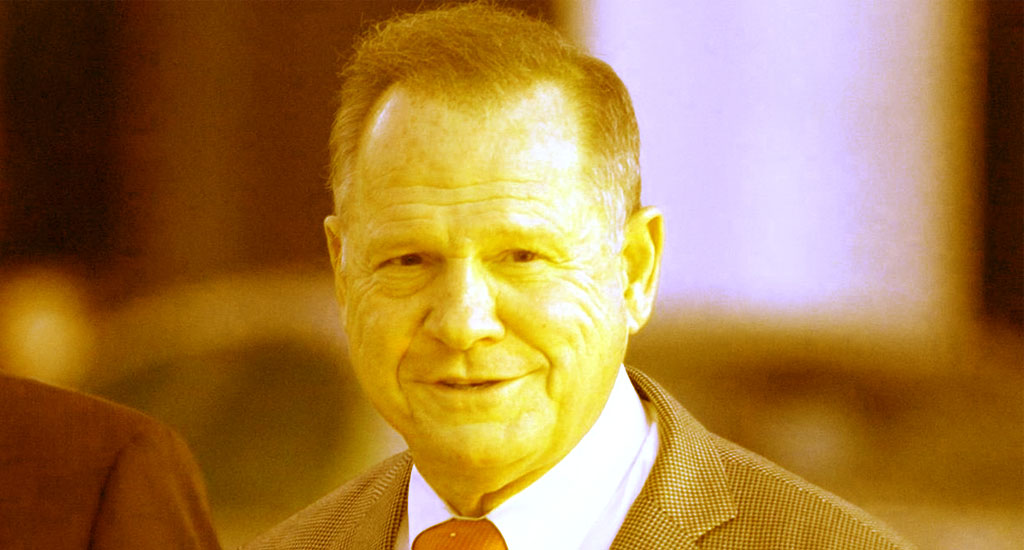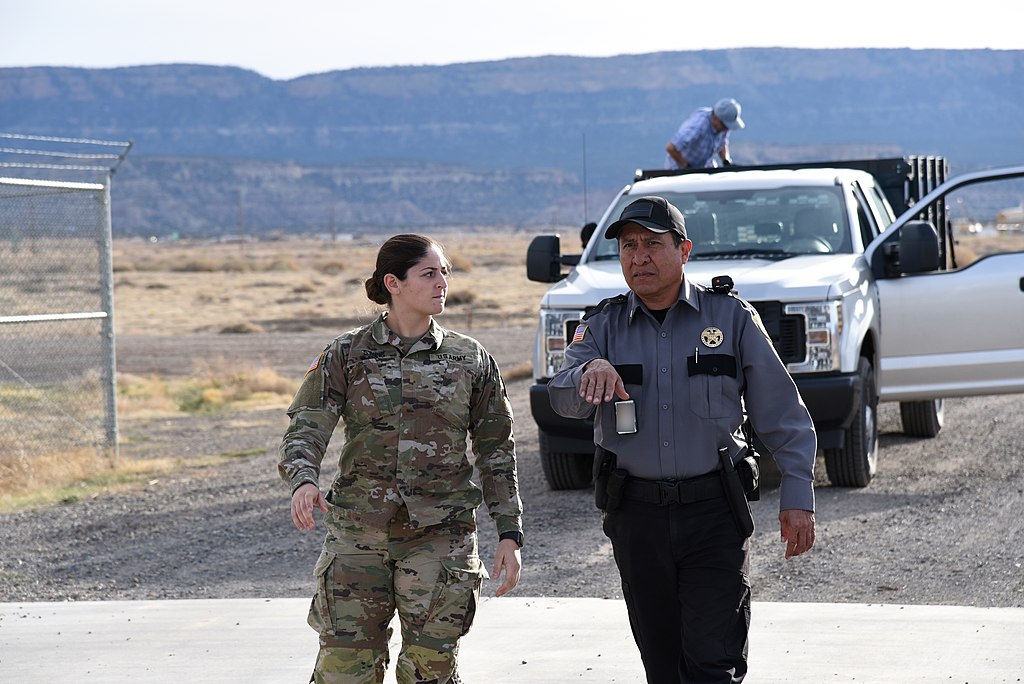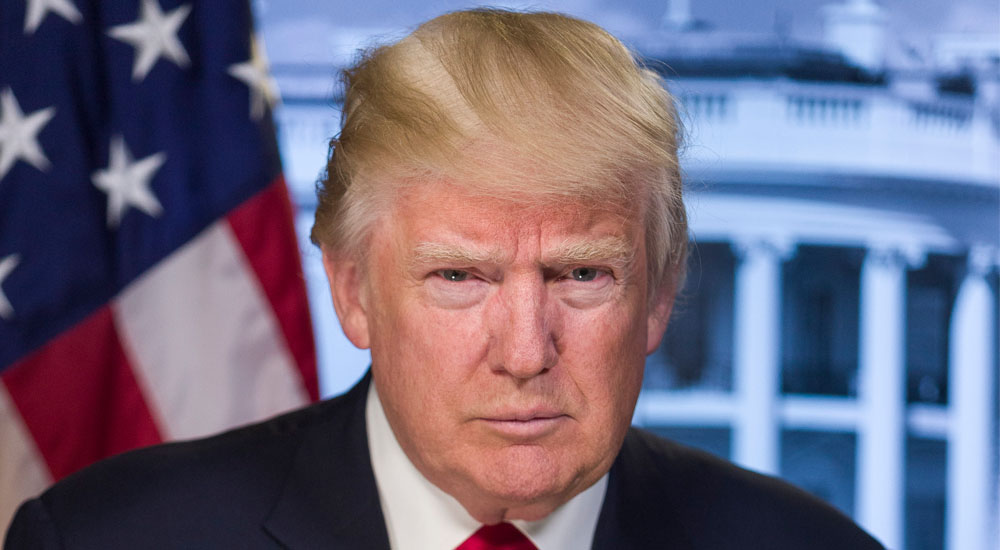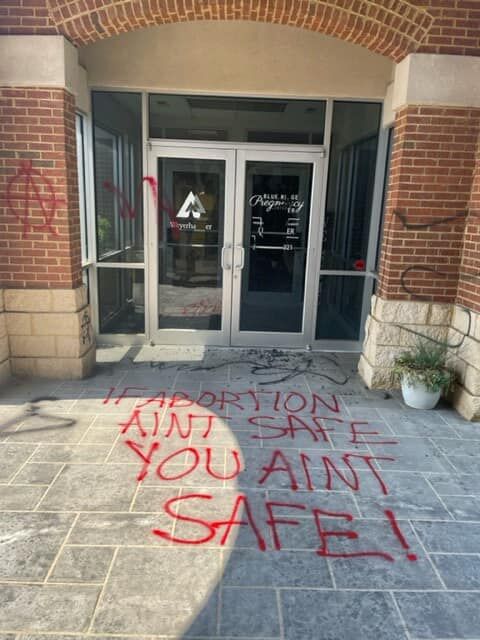Amidst a recent slew of allegations of past sexual encounters with underage girls, Republican Roy Moore was defeated by Democrat Doug Jones in the race to replace Attorney General Jeff Sessions.
This special election for U.S. Senate elected Alabama’s first Democratic senator in 25 years — a Democratic victory in the deep red state of Alabama suggests traditionally Republican voters chose integrity over partisanship at the polls.
This does not bode well for fellow travellers choosing to run from the same mold in Virginia’s 2018 U.S. Senate elections. If Alabama Republicans did not turn out in support of a controversial Republican candidate, Virginia’s Republican voters are not likely to do so either.
This turn of events should have Virginia Republicans reconsidering their strategies as we enter the primary season. While the Democratic victory is being interpreted by the media as a huge loss for President Trump — who endorsed the controversial Moore — it’s effects on future candidates in the Steve Bannon mold should be electric.
Just this week, dozens of potential populist challengers and candidates from around the country ventured down to Alabama on Sunday in order to campaign for Roy Moore, thus linking their fortunes to that of Moore’s.
Going into the 2018 election cycle, Virginia’s Republican leadership would do well to remember that the deep red state of Alabama just elected a Democratic U.S. Senator for the first time in a quarter century.
After all, the firebrand populist Donald Trump lost Virginia in 2016 by more than 5%. Then a year later, not even Ed Gillespie — who turned out a record number of Republican voters — was able to weather the historical wave of angry, anti-Trump supporters.







